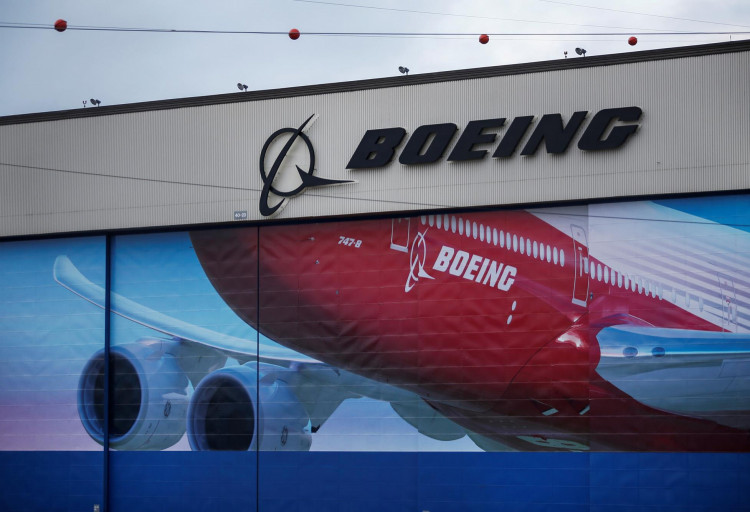As Boeing's machinists' strike stretches into its third week, tensions continue to rise between the company and the 33,000 workers represented by the International Association of Machinists (IAM). The two sides remain far apart on key issues, with mediated negotiations making little progress, and no new contract has been presented to union members for a vote. The strike, which began on September 13 after workers overwhelmingly rejected a tentative agreement, has cost Boeing and its workers over $1.4 billion, according to estimates from the consulting firm Anderson Economic Group.
At the heart of the dispute are wage increases, pension reinstatement, and healthcare benefits. Union members have called for a 40% wage increase over the course of a new contract, the return of a pension program, and better healthcare options. Boeing's most recent offer included a 30% wage increase, a $6,000 contract ratification bonus, and increased contributions to 401(k) plans. However, it did not meet the union's demand for pension reinstatement, leading union leaders to refuse to bring the offer to a vote.
Jeremy Kim, an interior mechanic at Boeing, expressed his frustration over the ongoing negotiations. "I'm getting paid less than a McDonald's employee," Kim said. "For my job, starting wage is $18 an hour. I can't live off that with rent, food, gas." He added that for the level of responsibility involved in building aircraft, workers should be compensated fairly. "If they want the quality and the speed that they expect, we should be paid for that."
As the strike has progressed, support from other local unions has grown. The Everett Education Association and the UNISERV Council have sent representatives to join Boeing workers on the picket line, showing solidarity for their fight. "We're out here to support the machinists because they very much impact our community in so many positive ways," said Jared Kink, president of the Everett Education Association. Justin Fox-Bailey, president of the UNISERV Council, echoed this sentiment, stating, "We want to make sure that workers are getting their share, and they're doing this for their families."
Boeing has implemented cost-saving measures as the strike drags on, with losses mounting as time passes. The Anderson Economic Group reported that the strike became more costly in its second week as production halts and lost wages took a toll on the company and its supply chain. Despite the financial strain, Boeing remains at odds with the union, and the IAM has made clear that the company's latest offer does not sufficiently meet the needs of its members.
Union officials have also cautioned striking workers about applying for unemployment benefits, noting that under Washington State law, striking workers are generally not eligible. Matt Jensen from the Washington State Employment Security Department clarified that since the union initiated the work stoppage, there are no provisions for unemployment benefits. Some exceptions exist, such as workers who are separated from the company during the strike, but those cases are reviewed individually.
The machinists' union members will start receiving strike pay in the third week of the strike, with union members receiving $250 per week until a new contract is reached. Much of that strike pay comes from the IAM Grand Lodge, with an additional $50 provided by District 751.
As federal mediation continues, Boeing workers have garnered support from political figures. U.S. Representatives Rick Larsen and Suzan DelBene, both of whom represent regions with significant Boeing presence, visited striking workers and emphasized the importance of securing a fair contract. Larsen commented, "There's just long-simmering tensions... and the company needs to recognize that." DelBene echoed this sentiment, stating that a strong contract is vital for Boeing's future and for the community's economic stability.
The strike has also caught the attention of Senator Maria Cantwell, chair of the Senate Commerce, Science, and Transportation Committee. Cantwell posted pictures with striking workers, showing her solidarity and calling for a fair contract. Reps. Pramila Jayapal and Sen. Patty Murray have also voiced their support for the workers.
With no resolution in sight, both sides continue to stand their ground. Boeing's machinists are pushing for a contract that addresses their demands for fair pay and benefits, while the company is navigating the challenges of a costly strike that has put a strain on its production and bottom line.





